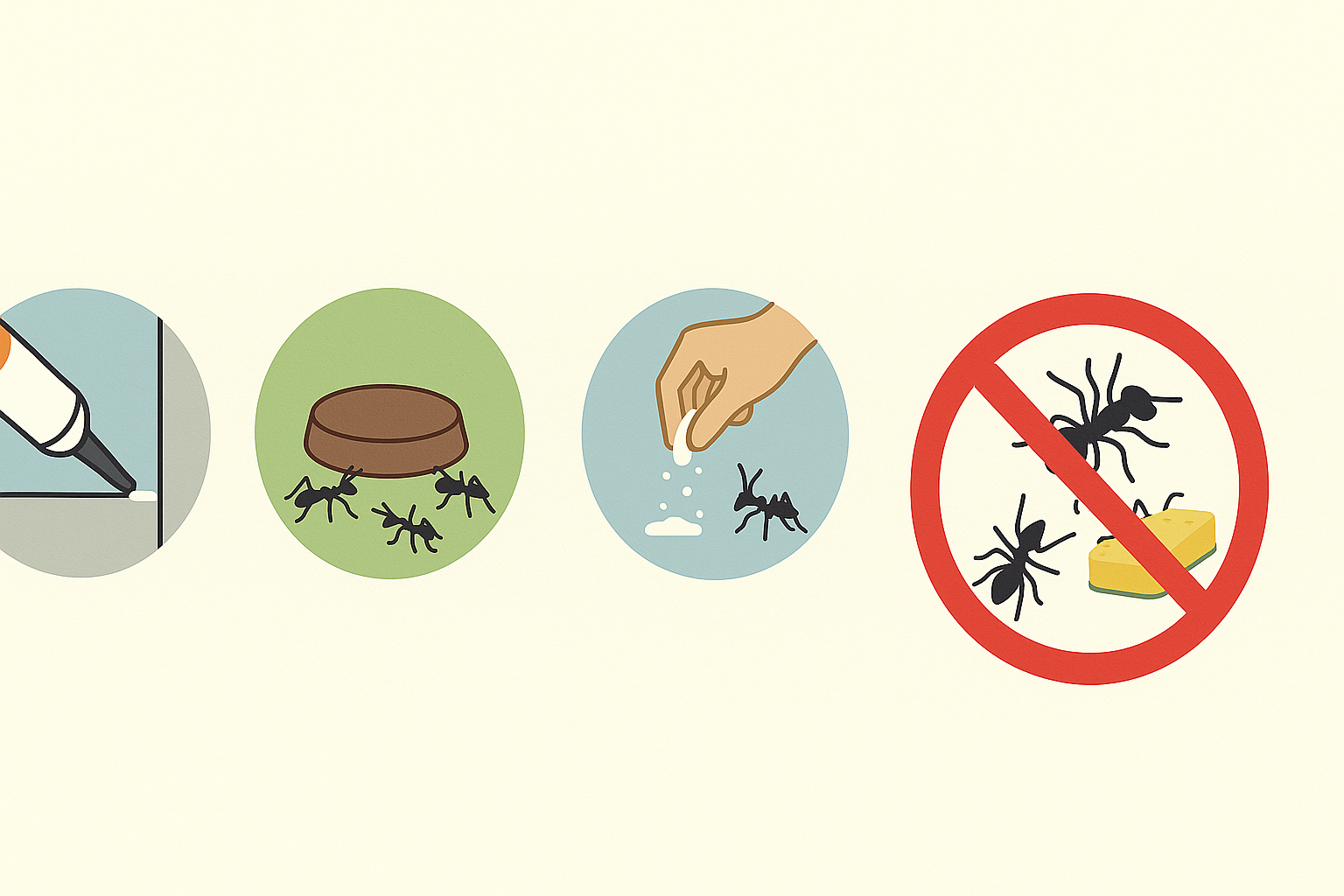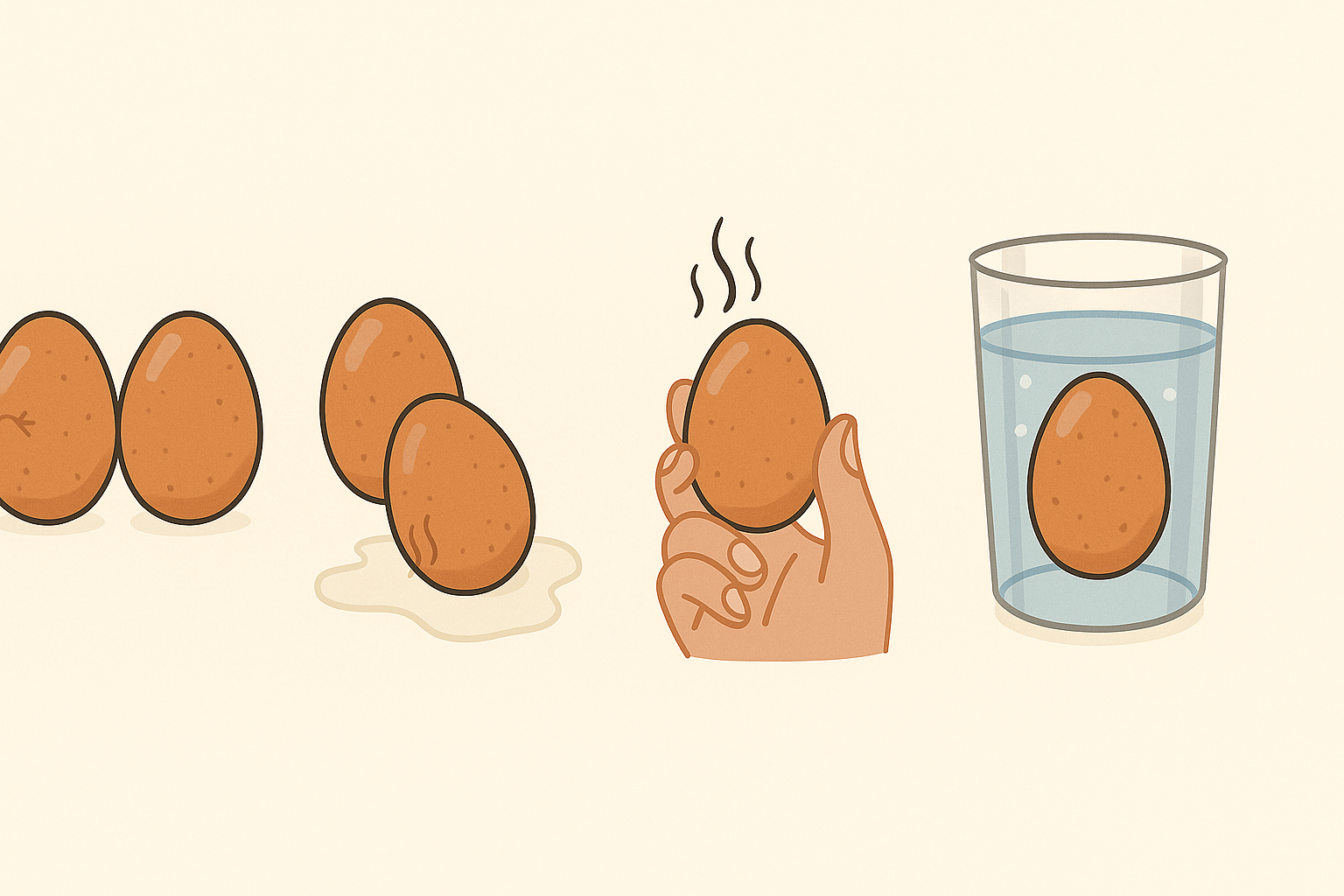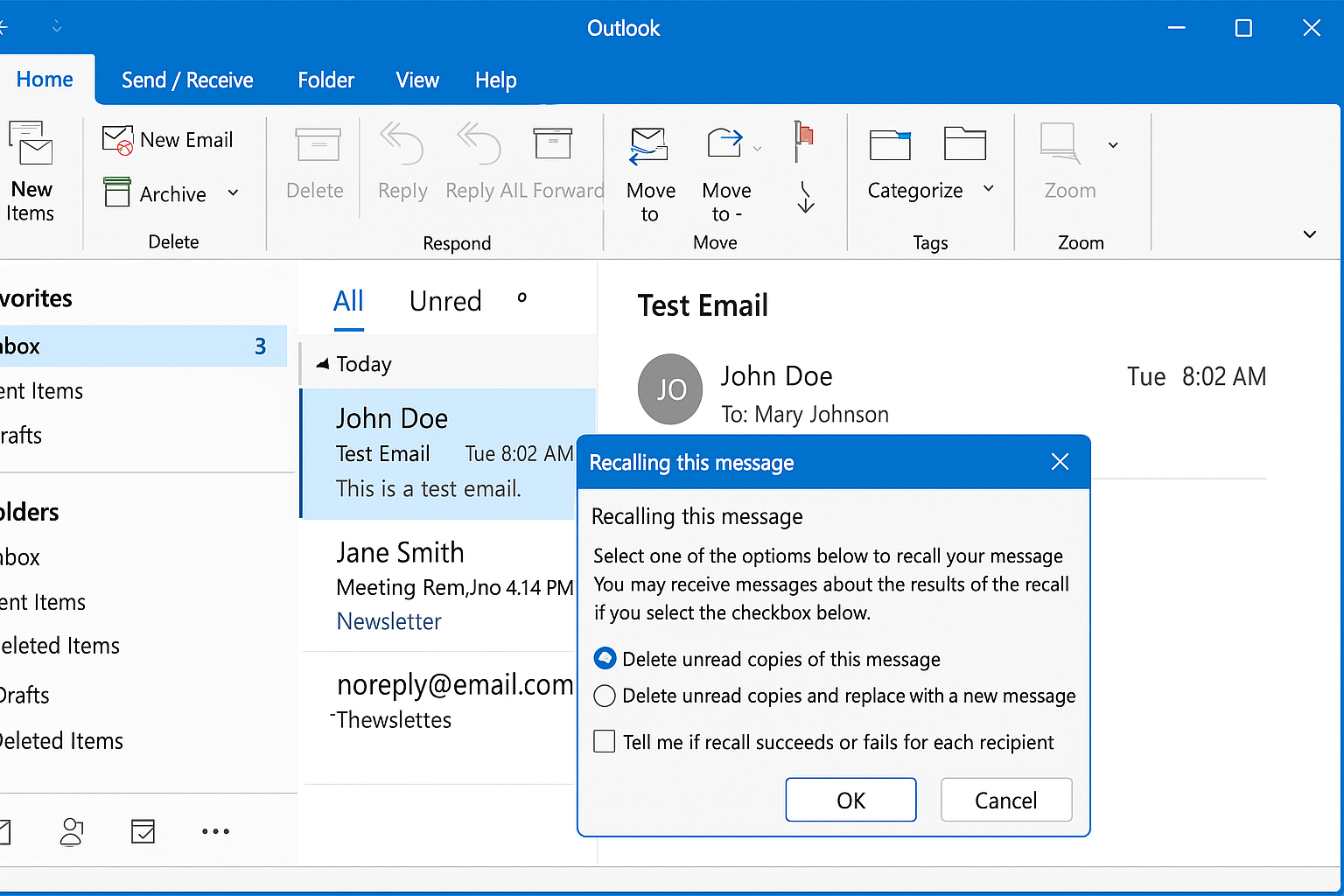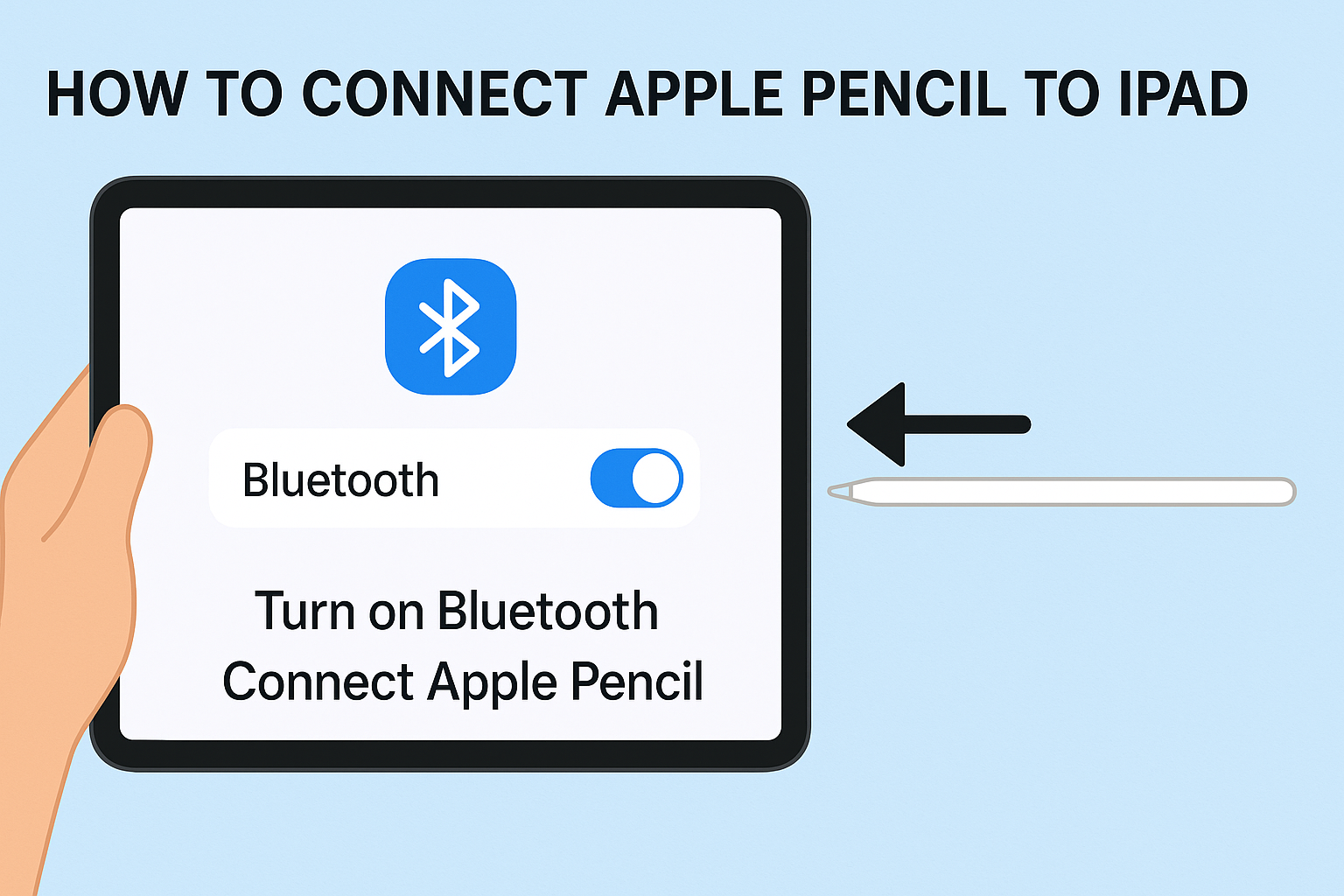Why Do Ants Come Inside Your Home?
Ants do not appear randomly. They usually invade houses for one or more of the following reasons:
- Food Sources:
Ants are constantly searching for food, especially sugary or greasy substances. Crumbs, spilled juices, unsealed snacks, and pet food bowls can easily attract them. - Water Needs:
Like all living beings, ants need water. Leaky faucets, wet sponges, damp bathroom floors, and standing water provide perfect hydration spots. - Shelter:
Certain ant species seek protection from extreme weather, especially during heavy rains or heatwaves. Your home can become an ideal shelter. - Colony Expansion:
When ant populations grow large, they may establish satellite colonies. These new colonies often end up inside walls, floors, or basements.
Identifying the Type of Ants
Before choosing how to get rid of ants, it helps to identify which type you are dealing with. Different species may require slightly different approaches:
- Sugar Ants: Attracted to sweets and carbohydrates.
- Carpenter Ants: Nest in wood and can damage structures.
- Fire Ants: Aggressive, create painful stings, and build outdoor mounds.
- Odorous House Ants: Produce a rotten smell when crushed.
Knowing the type can help you select the right treatment method.
Step-by-Step Methods to Get Rid of Ants
1. Clean Thoroughly and Remove Food Sources
- Wipe counters and tables after every meal.
- Seal food containers tightly.
- Sweep floors daily to remove crumbs.
- Wash dirty dishes immediately instead of leaving them overnight.
2. Seal Entry Points
- Inspect windows, doors, and walls for small cracks.
- Apply silicone caulk to gaps and holes.
- Use weather stripping under doors.
3. Eliminate Ant Trails
- Even after removing visible ants, their chemical trail remains.
- Clean surfaces with vinegar and water (1:1 ratio) to erase pheromones.
4. Use Natural Ant Deterrents
- Vinegar Spray: Spray on ant trails and entry points.
- Cinnamon or Black Pepper: Sprinkle where ants enter; they dislike the smell.
- Lemon Juice: Works similarly to vinegar to disrupt their scent trails.
- Diatomaceous Earth (Food Grade): A fine powder that kills ants by dehydrating them.
5. Set Up Ant Baits
- Baits are often more effective than sprays because they target the colony.
- Mix sugar with borax or use commercial bait stations.
- Ants carry the bait back to their nest, killing the queen and workers.
6. Avoid Just Spraying Ants You See
- Spraying kills visible ants but leaves the colony intact.
- This can cause the colony to split (budding), making the problem worse.
7. Manage Outdoor Ant Colonies
- Pour boiling water into ant hills.
- Use outdoor bait granules around the perimeter of your house.
- Keep your yard free from rotting wood and excess moisture.
Long-Term Prevention Tips
- Store sugar, honey, and syrup in tightly sealed jars.
- Regularly empty trash cans and keep lids closed.
- Keep pet food bowls clean and remove leftovers.
- Trim trees or bushes touching your house to reduce access points.
- Maintain dry environments—fix leaks and reduce humidity.
When to Call a Professional
If you’ve tried multiple methods but ants keep returning—or if you’re dealing with carpenter ants or fire ants—it may be time to call pest control. Professionals have stronger solutions and can locate hidden colonies that are difficult to access.







Leave a Reply